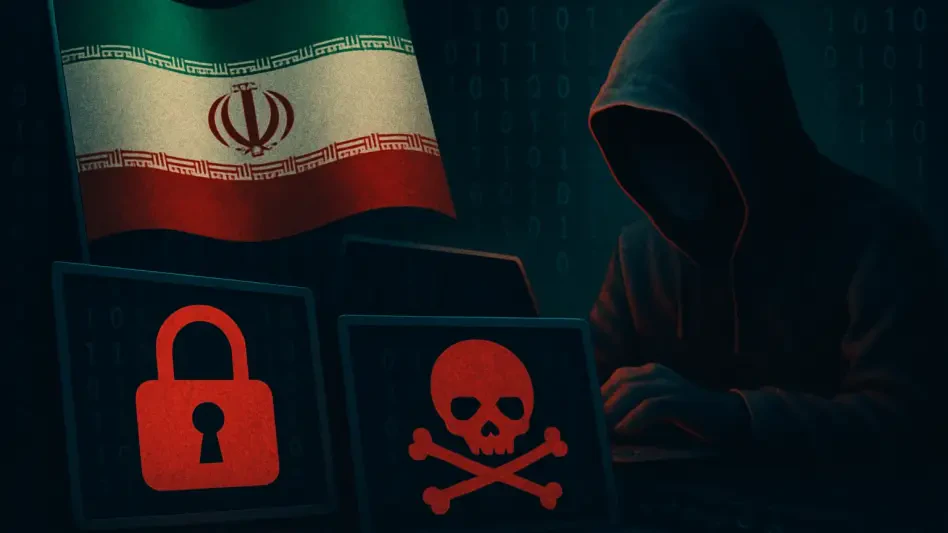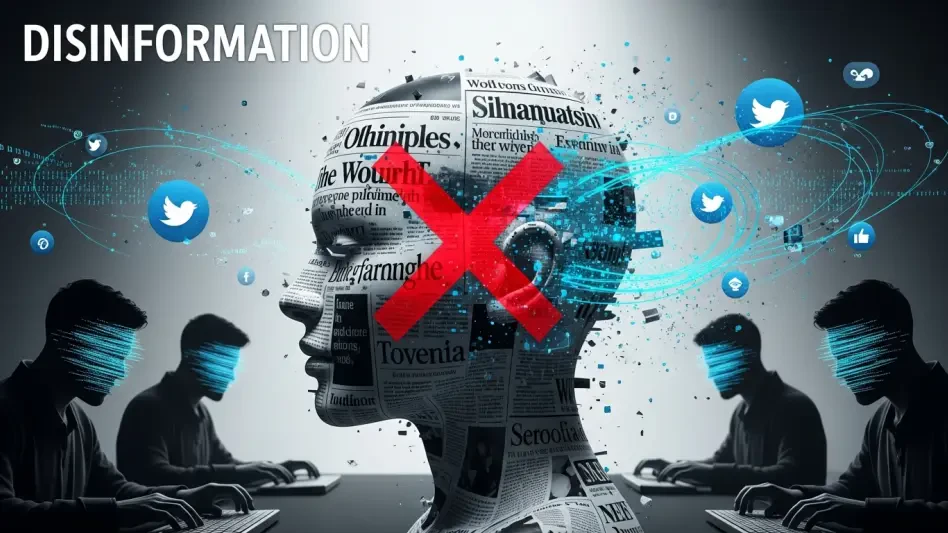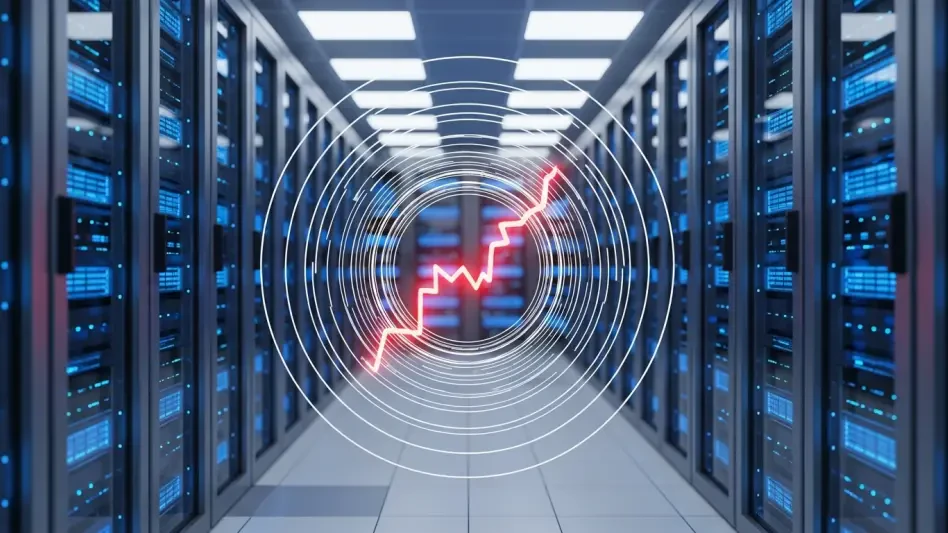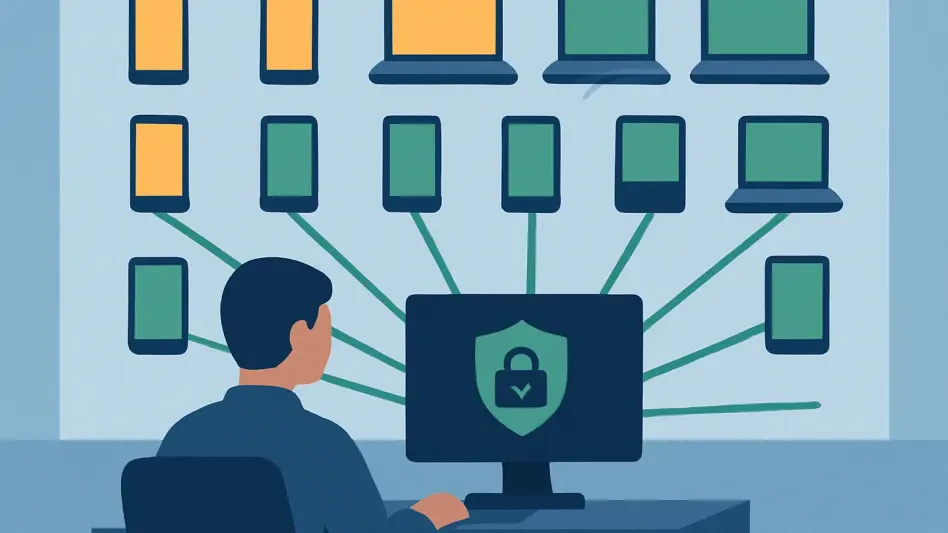The evolving global landscape witnesses an alarming rise in cyber threats emanating from Iran, escalating tensions between nations involved in the complex conflict revolving around Israel. Instigations by U.S. military action against Iranian nuclear facilities have triggered concerns, particularly from the Department of Homeland Security (DHS), regarding the potential escalation of cyber activities targeting critical U.S. infrastructures like water utilities and technology firms. As geopolitical strain intensifies, Iran’s strategic choice to leverage cyber warfare presents an intricate challenge requiring vigilance and readiness, underscoring cybersecurity’s indispensable role in contemporary conflicts.
Heightened Concerns in U.S. Cybersecurity
Increasing Target Vulnerabilities
Recent geopolitical events have underscored the vulnerabilities inherent in U.S. infrastructure, with national security experts emphasizing the urgency for fortified cybersecurity measures. DHS has proactively warned about the probable onslaught of cyber intrusions targeting various sectors, especially those deemed crucial yet inadequately secured, such as water utilities, energy grids, and food distribution networks. This wave of concern is catalyzed by Iran’s apparent resolve to retaliate against the U.S. through cyber means following the military strike targeting its nuclear facilities. The complexities linked to safeguarding these infrastructures highlight the reality that cybersecurity must evolve in tandem with advancing threats, fostering resilience in the face of potential disruptions.
Strategic Responses to Elevated Risks
Responding to the escalating cyber threat landscape, governmental agencies have embarked on strategic initiatives to neutralize vulnerabilities through informed preparedness and collaboration. Key measures by DHS and the FBI involve comprehensive briefings to state governors and local officials, accentuating the necessity for heightened security protocols within local jurisdictions. States like Arizona and Missouri exemplify proactive engagement, rallying local authorities to fortify defenses against prospective cyber aggressions. Concurrently, the Environmental Protection Agency has channeled efforts into securing water utilities, previously spotlighted by Iranian cyber actors as potential targets. These collective actions reflect an overarching commitment to safeguard infrastructure, concurrently advocating collaboration and sharing of threat intelligence to fortify national defenses.
Evolution of Iranian Cyber Tactics
Historical Context and Recent Developments
Iran’s foray into cyber warfare traces back to conflicts with Israel, reflecting a modus operandi characterized by sophisticated cyberattacks, including Distributed Denial-of-Service (DDoS) attacks and data breaches against perceived adversaries. Recent activities post-Hamas attacks reveal a spike in Iranian hacktivist endeavors, leveraging cyber channels to disseminate propaganda while executing disruptive operations. Despite often exaggerating impacts to achieve psychological effects, Iran’s cyber capabilities remain a formidable element within its strategic arsenal, continually adapting to exploit emerging technologies. These developments speak to a comprehensive narrative where cyber threats emanating from Iran evolve in parallel with tactical advancements, rendering cybersecurity a pivotal facet within global conflict arenas.
Implications and Strategic Impact
The implications of Iran’s cyber undertakings extend beyond immediate disruptions, foregrounding broader strategic shifts in international relations and security frameworks. Cyber warfare, characterized by its unique confluence of technical prowess and psychological manipulation, enables Iran to influence geopolitical outcomes without conventional military engagements. This strategic landscape necessitates a recalibration of national security measures, with countries advancing toward robust cybersecurity norms poised to counteract aggressive cyber offensives. Consequently, the articulation of threat intelligence and defensive capabilities assumes paramount importance, underscoring the need for comprehensive cross-sectoral resilience amid escalating tensions.
Preparing for an Uncertain Cyber Future
Proactive Measures and Frameworks
The cyber threats posed by state-affiliated entities like Iran signal the urgency in developing comprehensive frameworks that address both current and emerging vulnerabilities. As various sectors reevaluate their cybersecurity postures, the focus on adopting technologies and practices to ensure consistent monitoring and defense against sophisticated intrusions becomes imperative. Such readiness entails continuous cybersecurity education alongside investment in cutting-edge solutions, enabling entities to anticipate and preempt cyber threats that may compromise national security. Furthermore, fostering international cooperation by facilitating timely exchange of threat intelligence and fostering collaborative cybersecurity practices among nations is pivotal to creating a robust defense network capable of countering these escalating challenges.
Refining Cyber Intelligence and Collaborative Efforts
The global stage is currently witnessing a concerning surge in cyber threats originating from Iran, intensifying the complex tensions between nations involved in conflicts surrounding Israel. This rise in cyber threats is largely provoked by U.S. military actions directed at Iranian nuclear sites, prompting significant apprehension. The Department of Homeland Security (DHS) has particularly voiced concerns about the potential escalation of cyber attacks targeting vital U.S. infrastructures, including water utilities and technology firms. As geopolitical tensions mount, Iran has strategically chosen to exploit cyber warfare as a tool, presenting a sophisticated challenge that demands constant vigilance and preparedness. This situation highlights the essential role of cybersecurity in today’s global conflicts, emphasizing the need for robust defenses and proactive measures to safeguard crucial assets. Cybersecurity’s critical importance has never been clearer, as nations scramble to defend against these evolving digital threats.








